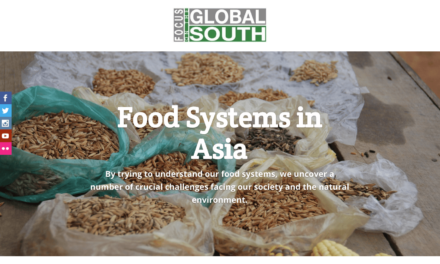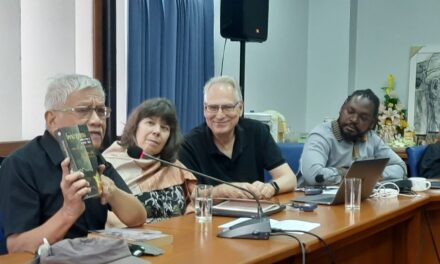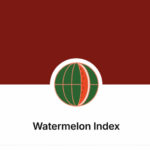05 December 2022. Rome, Italy. More than enough food is produced today to feed everyone on the planet. Yet as many as 828 million people still go hungry – almost one in ten people globally. From 2019 to 2022, the number of undernourished people grew by as many as 150 million, a crisis driven largely by conflict, climate change, and the COVID-19 syndemic. Communities most affected by food insecurity around the world demand swift, decisive and globally-coordinated action to respond to the crisis while tackling its root causes.
“The urgent action that is required to respond to immediate needs has to be coherent with the longer-term transformation of food systems. Addressing the systemic causes of the current food crisis requires a coordinated approach at global level. Instead responses at the global level continue to be fragmented and biased.” explains a new policy brief released by the Civil Society and Indigenous Peoples’ Mechanism (CSIPM) for relations with the UN Committee on World Food Security (CFS).
According to the policy brief, the CFS is the most effective and legitimate space for coordinating a policy response to the multi-layered global food crisis. Since it is the foremost global venue where governments, international agencies, the private sector, civil society and Indigenous Peoples coordinate their efforts to tackle hunger and malnutrition. And recognizes states as duty-bearers and small-scale food producers, including Indigenous Peoples, as right-holders. The latter have an effective seat at the table through the Civil Society and Indigenous Peoples’ Mechanism (CSIPM), a one-of-a-kind platform that is the largest international space of civil society organisations working to eradicate food insecurity and malnutrition.
The document also outlines the urgency to adopt a conclusion to the debate on the agenda item ‘Coordinating Policy Responses to the Global Food Crisis’ that explicitly endorses and launches the process of taking up the CFS’s mandate and convening role to address the crisis, during the reconvened CFS 50 which will take place next 19 December at FAO Headquarters in Rome and in a “hybrid” format.
What happened in the last session held in October cannot happen again. “Hours and hours of expected intergovernmental negotiation were spent in trying to find a compromise in a battle of words between two geopolitical blocs. A stuck discussion, trying to accommodate acceptable wording on war and sanctions, where Member States were unable to find a solution to the systemic global food crisis, while increasing numbers of people continue to die from hunger, climate change and inequalities between people and countries”, leading to an unconcluded plenary session, as CSIPM explained in a recent article.
Responses to this multi-layered crisis have so far been feeble, fragmented and skewed by corporate interests. Many governments have attributed the crisis to the disruption of global agricultural trade by the war involving Russia and Ukraine, two of the world’s most important agro-exporting players. In contrast, evidence and data from communities on the frontlines of hunger consistently point to the interconnected structural barriers that exacerbate and perpetuate hunger and malnutrition, such as debt, food import dependency, and unfair trade and investment rules. This is also reflected in the global report Voices from the Ground 2, (CSIPM 2022).
Knowledge, evidence and experience from those who produce most of the food we consume and the most affected by the current crises is an indispensable contribution to framing policies. The CSIPM provides the CFS with privileged direct access to peoples’ evidence, particularly that of small-scale producers, family farmers, pastoralists, fisherfolks, workers, Indigenous Peoples, consumers and urban populations.
A coordinated policy response will be impossible without the full commitment of Member States. Global policy coherence and accountability are key to the governance of food systems. It requires States to uphold their obligation to cooperate in order to safeguard the rights of those most at risk and to guarantee an enabling environment to address the current crisis and prevent future crises, instead of acting solely in function of their own national interests or those of powerful economic actors.
The policy instruments produced by the CFS are voluntary in nature but have a strong transformative potential. For instance, the 2012 Voluntary Guidelines on the Responsible Governance of Tenure of Land, Fisheries and Forests inspired the Malian government to completely revamp land tenure rights. The resulting Agricultural Land Law (2017) allowed individuals to apply for a land title, for the first time, using evidence of customary rights as the basis for their claim.
“You do politics, we go hungry”is the campaign the CSIPM has launched to create awareness and call on governments for urgent action on the reconvened CFS 50, and on social movements and individuals to raise their voices and demand their representatives to join a global policy coordination.
As described in the new CSIPM policy brief released today, many of the pieces of the puzzle are there: they need to be fit together into a coherent whole and made accessible to public authorities at all levels.










